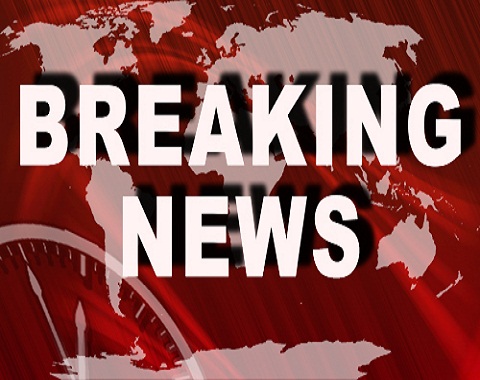Afghanistan
At least 13 Afghan soldiers killed in Taliban attack

At least 13 Afghan soldiers killed in Taliban attack
Heavily-armed Taliban militants have attacked an army outpost in Kunar Province near the eastern border with Pakistan, killing at least 13 soldiers.







